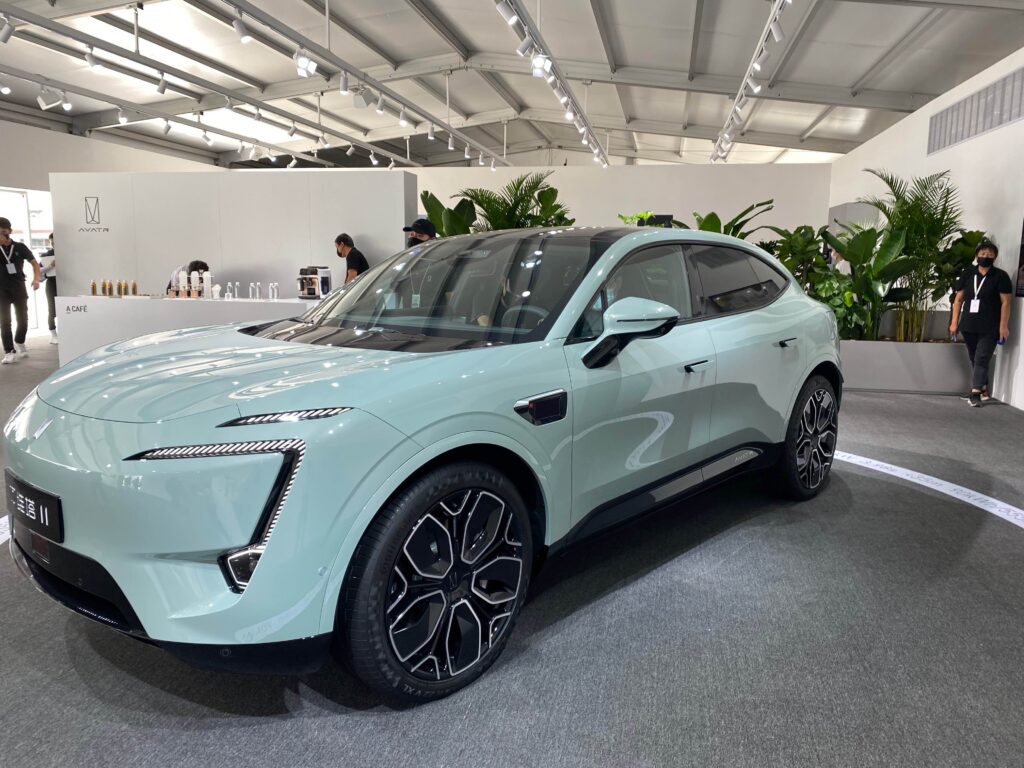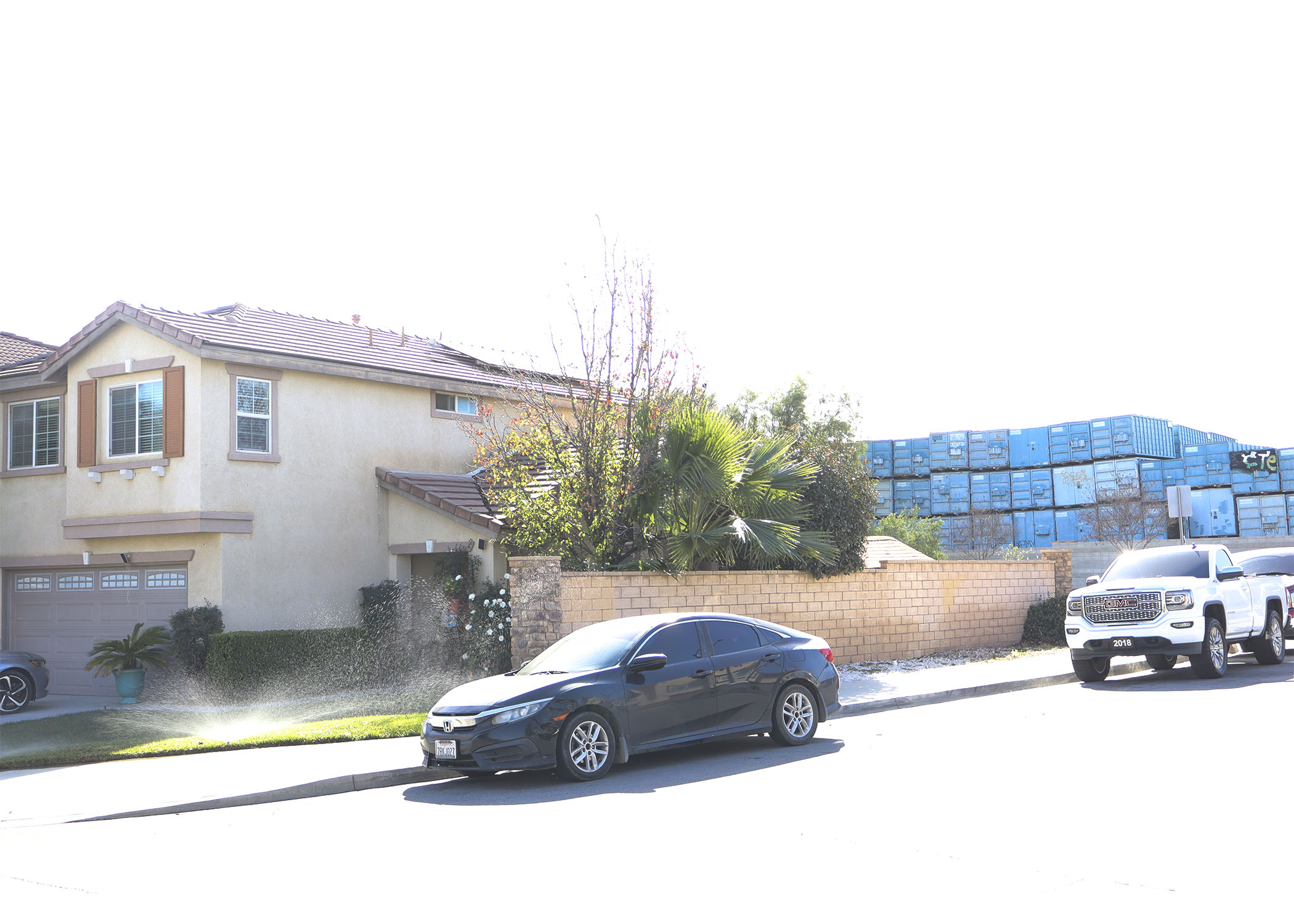(SHANGHAI) — Some observers from China’s auto industry looked on with wary eyes as Kamala Harris and Donald Trump sparred over their visions for America’s auto industry at Tuesday night’s debate.
Chinese auto journalist Yang Jian said both candidates’ policies are unfriendly to China’s auto industry. Many expect a Harris presidency to continue the Biden administration’s 100% tariffs on Chinese EV imports. “That means Chinese EVs have no path to the US market,” he said. “And that will severely damage China’s export market, which is one of the few bright spots in China’s struggling economy.”
Donald Trump, while proposing a 60% tariff on Chinese-made goods, has extended a welcome to Chinese auto brands if they build factories in the US.
That’s unlikely to happen though, Yang said, because of political backlash. “Given the current state of U.S.-China relations, they probably see it as too risky to try to build factories in the U.S.” Instead, he said, many automakers are turning their sights to Europe.
Charlie Paglee, an American auto executive based in China for over three decades, said both candidates need to understand that the U.S.-China relationship is crucial. Global manufacturing relies on China’s robust supply chain of equipment, engineering, and tooling, he said, and there are few countries who can compete. “Your return on investment will not be as competitive as if you were working with China.”
He said Trump has been clearer about his proposed policies towards trade with China. “Better the enemy you know than the enemy you don’t know,” he said.
Toby Clarke, a British writer following the Chinese EV industry, disagrees. Chinese business people who felt burned by the U.S.-China trade war would prefer a Harris administration. “Neither one is particularly favorable towards the Chinese,” he said. “But the reason why they preferred Biden and the reason why they prefer Kamala is because they’re a bit more predictable.”
Ultimately, industry insiders say no matter who wins, excluding Chinese EV vehicles from the U.S. market will hurt American consumers the hardest. “When tariffs are imposed on China, it’s really the American middle class who ends up paying the price,” auto journalist Yang said.


